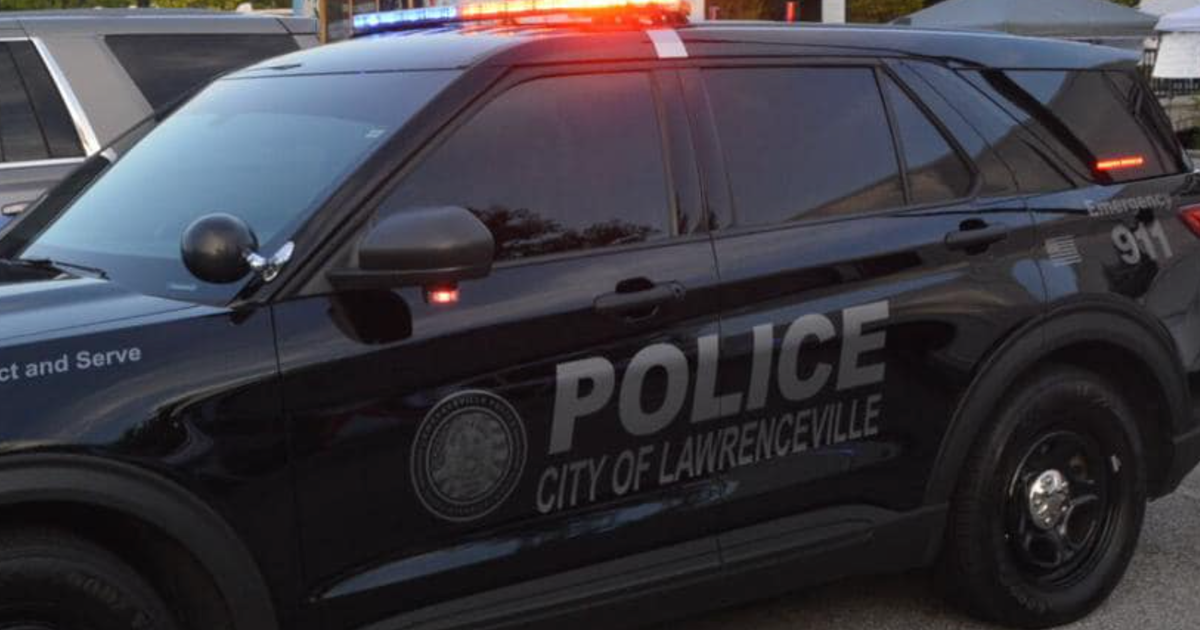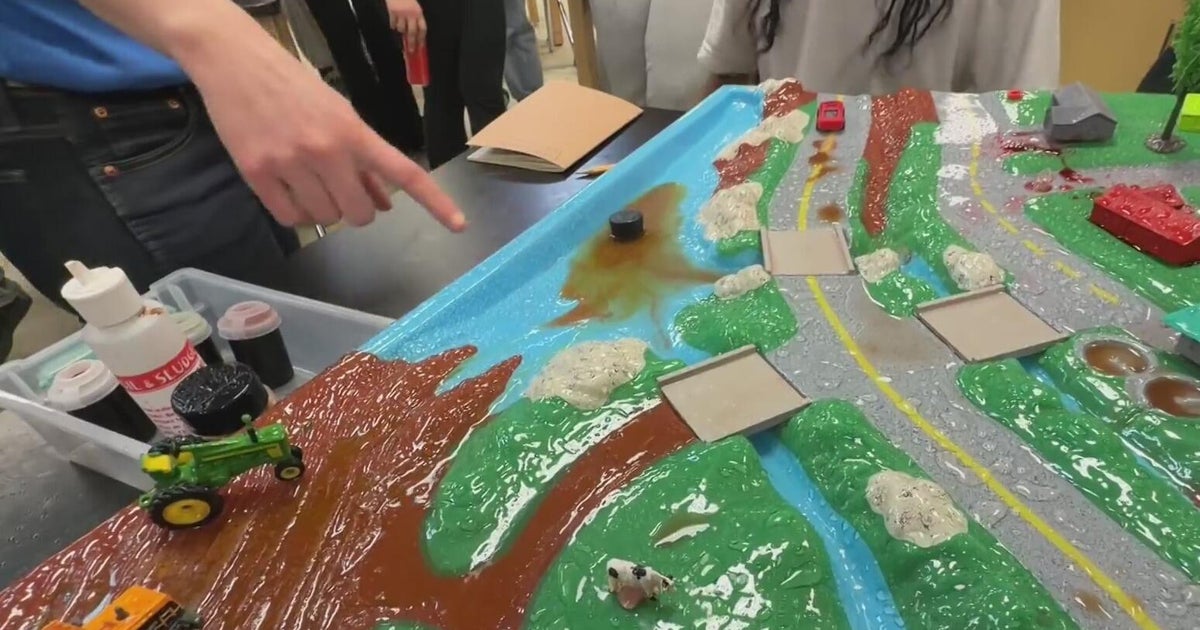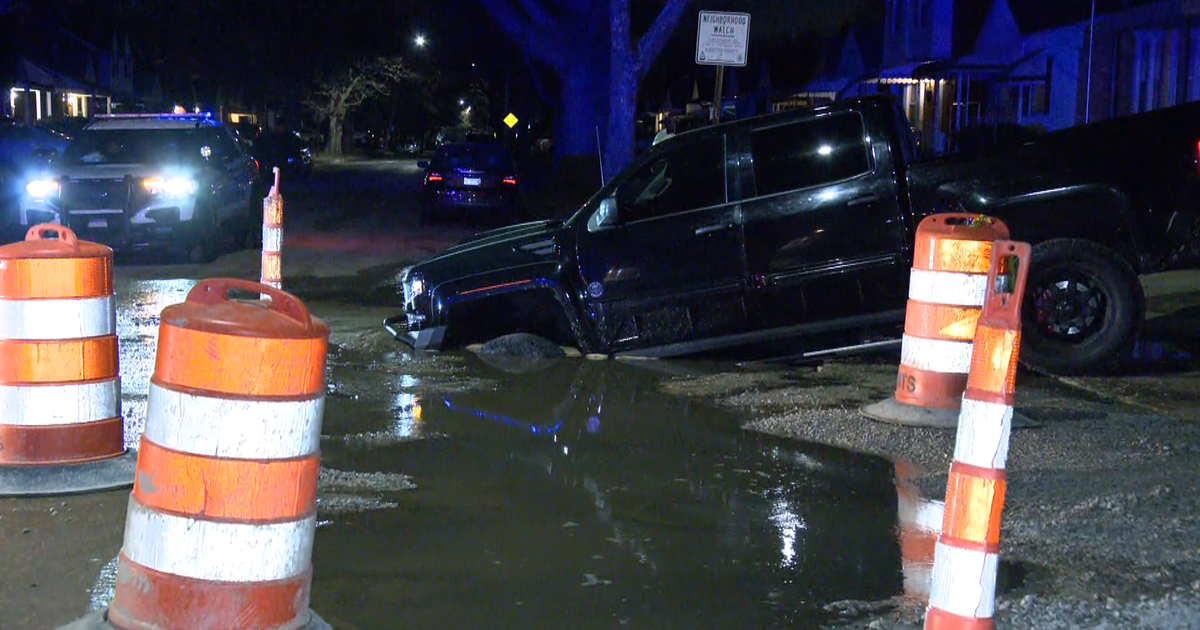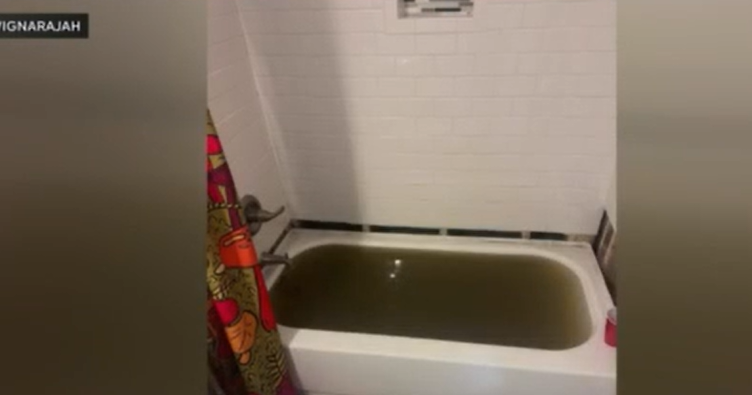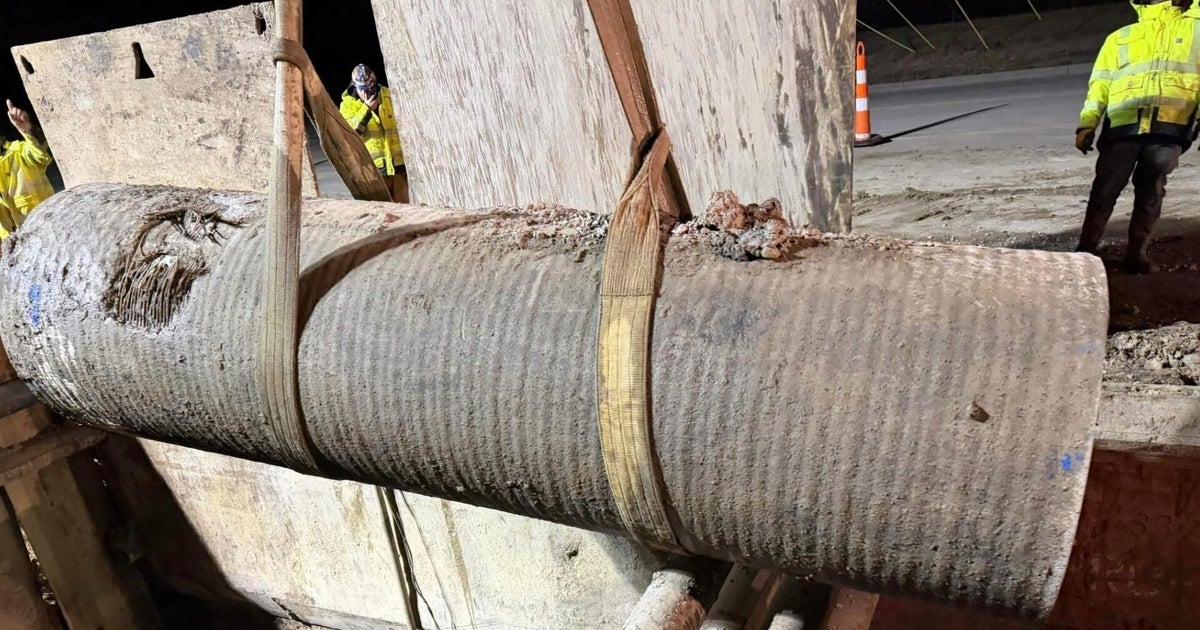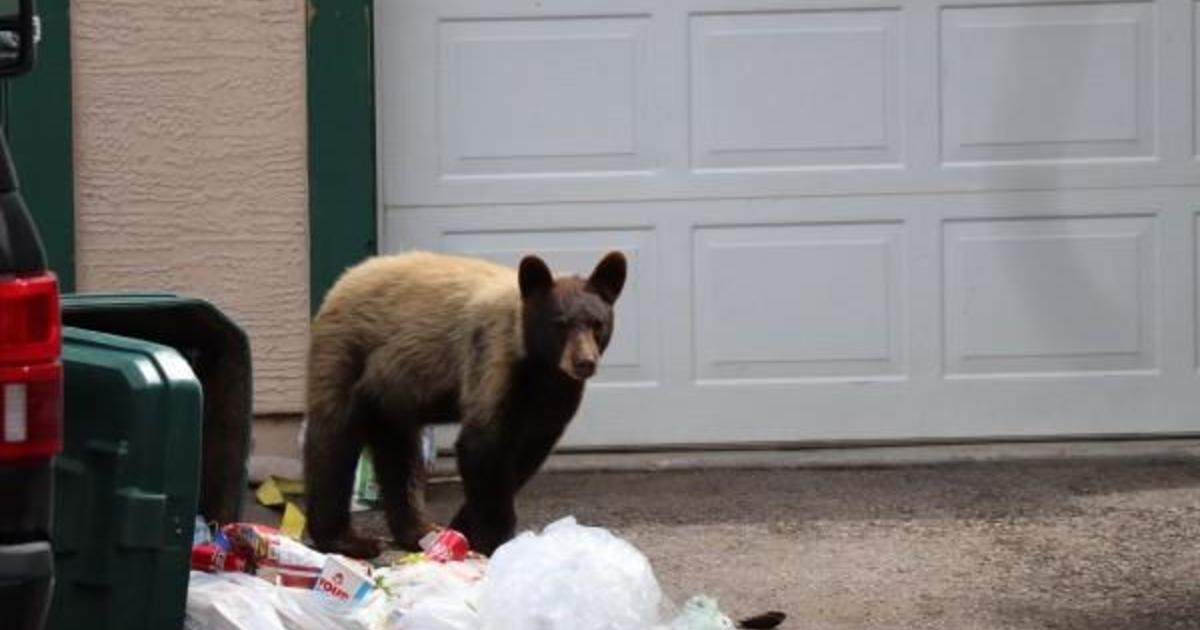Waterline proposal would help endangered coho salmon, Muir Beach residents
MUIR BEACH — Years of drought have taken a toll on the endangered coho Salmon in Northern California, but a proposed waterline project could help the fish population and a North Bay community.
The project would change how Muir Beach residents draw water. There is also a major federal project down the road that could be a roadblock, as conservationists say time is running out.
For resident Jim White, he waters his plants using collected rainwater knowing every drop saved, means less water pumped out from nearby Redwood Creek — the only source of water for the residents of Muir Beach.
The creek is important for coho Salmon as well, as they travel upstream to spawn every year.
"It's wonderful to see, you know a 2-foot long fish that you can look down in the stream," said White.
But that streamflow has suffered during dry years, creating extremely poor conditions for juvenile coho to survive.
"The surface flow would be interrupted in places, and then there would be pools," said White.
Terri Thomas of the Marin Conservation League is leading the effort to secure a federal grant by NOAA for a miles-long waterline that would connect the town of Muir Beach, and eliminate the need for wells during dry months.
"When the wells are being used, the water is drawn from the creek, and that creates stagnant pools along the creek bed," said Thomas.
A dried-up creek cuts off the path for the endangered species and more. Thomas and the MCL say this past winter is the first on record in which there were no signs that coho Salmon had spawned in the famed creek.
"The endangered species that we monitor is how we get a feel for how the watershed is doing, and right now, they are not doing very well," said Thomas.
Thomas said the only solution to get water to Muir Beach that doesn't come from the creek is to green-light the pipeline before the planned road rehabilitation project begins in 2026.
It's the only path where the waterline can be placed.
Thomas said the major roadblock for the waterline isn't the estimated $6 million price tag, but rather, getting the necessary approvals before work begins by the Federal Highway Administration in 2026.
The 2.4-mile stretch of Frank Valley Road connects Muir Woods National Monument to Route 1 and the small town of Muir Beach. County and water officials are analyzing the feasibility of the extension.
"It's not a game changer in terms of revenue, nor is it a game changer in terms of an additional demand of our system," said Ben Horenstein.
Horenstein is the general manager of the Marin Municipal Water District.
"Our board does have an environmental ethos, so conceptually we're very interested," said Horenstein.
That's momentum for conservationists and residents like White.
"I think if we could supplement it through the dry season we'd all be feeling better about sharing the world with nature," said White.
"It has been clear we're gonna need to find a second option for water," said Thomas.
That option would make Muir Beach with some 400 residents more water resilient.
"If we have salmon in the creek, it's still a wild, wild world you know," said White.
It would give White some peace of mind knowing when he turns on the faucet, it's not draining the creek and impacting the wildlife around him.
If a waterline can't be approved soon before the road work slated for early 2026, federal regulations wouldn't allow for a project like this for at least five to 10 years since the new road can't be altered for other construction.
Conservationists said waiting that long would be dire for the endangered coho in the Redwood Creek.
